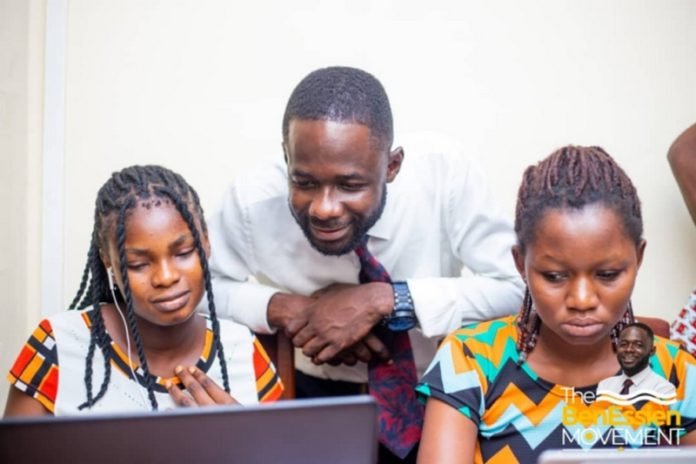The World Health Organization (WHO) has revealed that 26 million Africans are currently facing some degree of visual impairment, highlighting the critical eye health challenges across the continent.
Africa is home to one in every six blind people worldwide, underscoring the region’s struggle to provide adequate eye care services.
Despite some progress in integrating eye health into primary healthcare systems, efforts to combat visual impairment are being undermined by a severe shortage of financial and human resources.
According to WHO, only 14% of Africans in need of cataract surgery receive the procedure, leaving millions without access to treatment. Additionally, over 80% of people with short-sightedness go untreated, a stark contrast to other regions like North America, Western Europe, and the Asia-Pacific, where untreated rates are less than 10%.
Further statistics indicate that just 12% of Africans requiring glasses or surgery for blurred vision receive the necessary care. This lack of treatment comes at a significant economic cost, with the global annual burden of uncorrected refractive errors and cataracts estimated at US$14.3 billion.
In addition to existing challenges, new eye health concerns are emerging due to ageing populations, unhealthy lifestyles, and the rise of non-communicable diseases across Africa. While the WHO has reported a decline in vision loss caused by Vitamin A deficiency, onchocerciasis, and trachoma, these emerging issues pose a growing threat to eye health.
Dr. Matshidiso Moeti, WHO Regional Director for Africa, stressed the importance of eye care, stating: “The focus on eye care is critical, given the multiple positive impacts of good vision on all aspects of life, from overall well-being to academic achievements. The contribution to economic growth is also significant, raising the urgency of building on the gains already made while addressing the emerging challenges.”
In response to the crisis, WHO is working to integrate eye health services into primary care as part of its broader goal of achieving universal health coverage. However, this approach faces obstacles, including a shortage of human resources and limited infrastructure. WHO is advocating for innovative solutions, increased community engagement, and collaboration across sectors to address these barriers.
Over the past two years, WHO has provided technical support to six African countries—Ethiopia, Ghana, Niger, Nigeria, Somalia, and Zambia. This support includes conducting national situational analyses, developing strategic plans, monitoring frameworks, and planning for workforce needs. WHO has also helped these countries integrate eye care indicators into their existing health information systems.
To further its mission, WHO launched the SPECS 2030 initiative, which aims to improve access to spectacles for those with refractive errors. The initiative seeks to raise the effective coverage of refractive error (eREC) to 40% by 2030, with Liberia and Mozambique among the first countries to begin implementation.
In addition to these efforts, WHO has introduced a self-assessment tool called WHOeyes. This tool, available in multiple languages, allows users to check their visual acuity and access educational messages promoting healthy eye habits.
WHO continues to provide resources such as the World Report on Vision and the Eye Care in Health Systems: Guide for Action, which outline strategic recommendations for implementing integrated, people-centred eye care. These resources serve as blueprints for African countries working to improve eye health services and reduce the growing burden of visual impairment across the continent.

